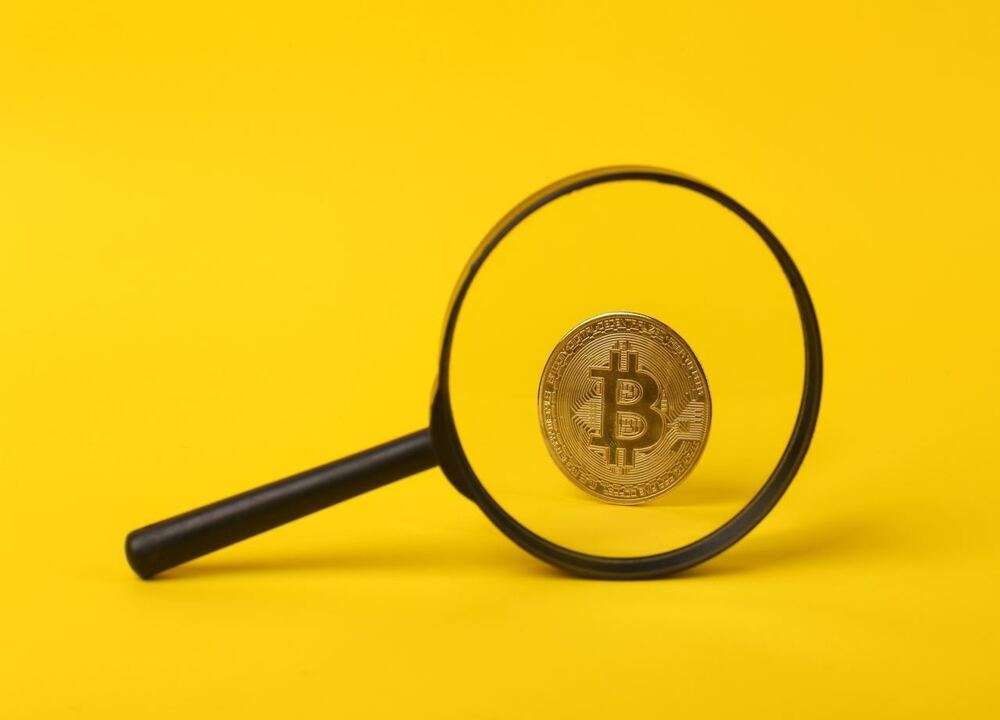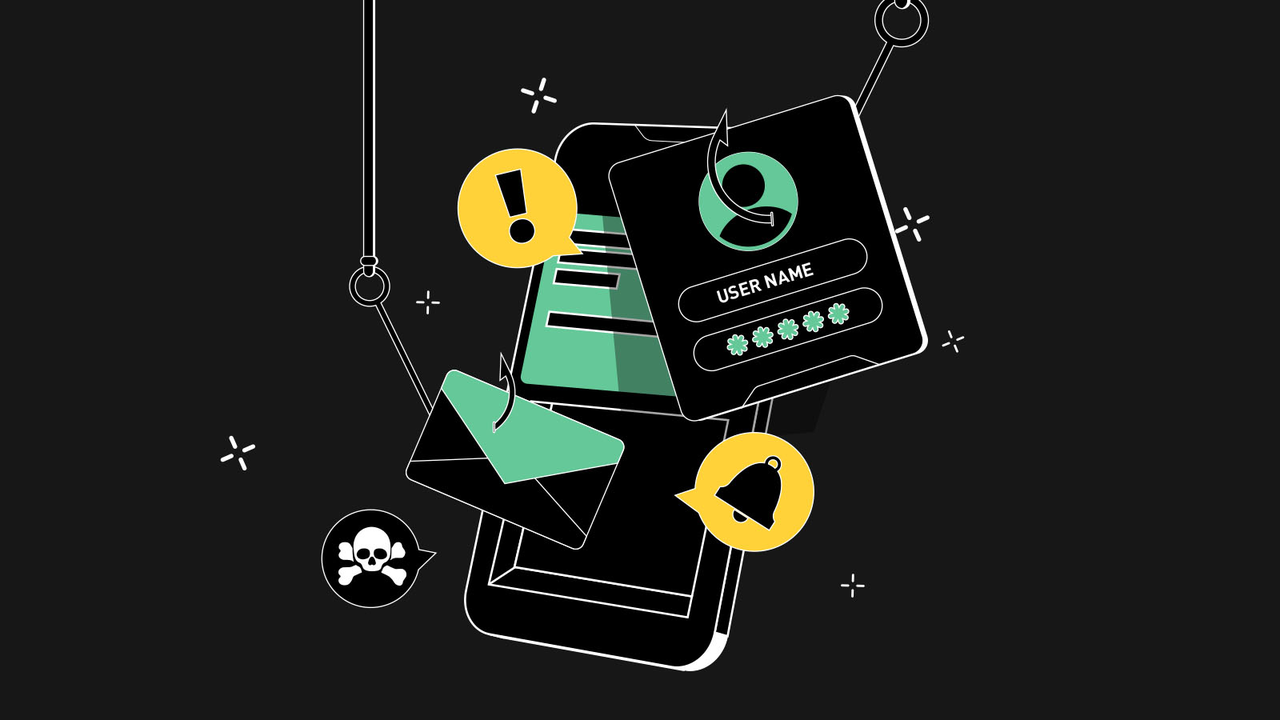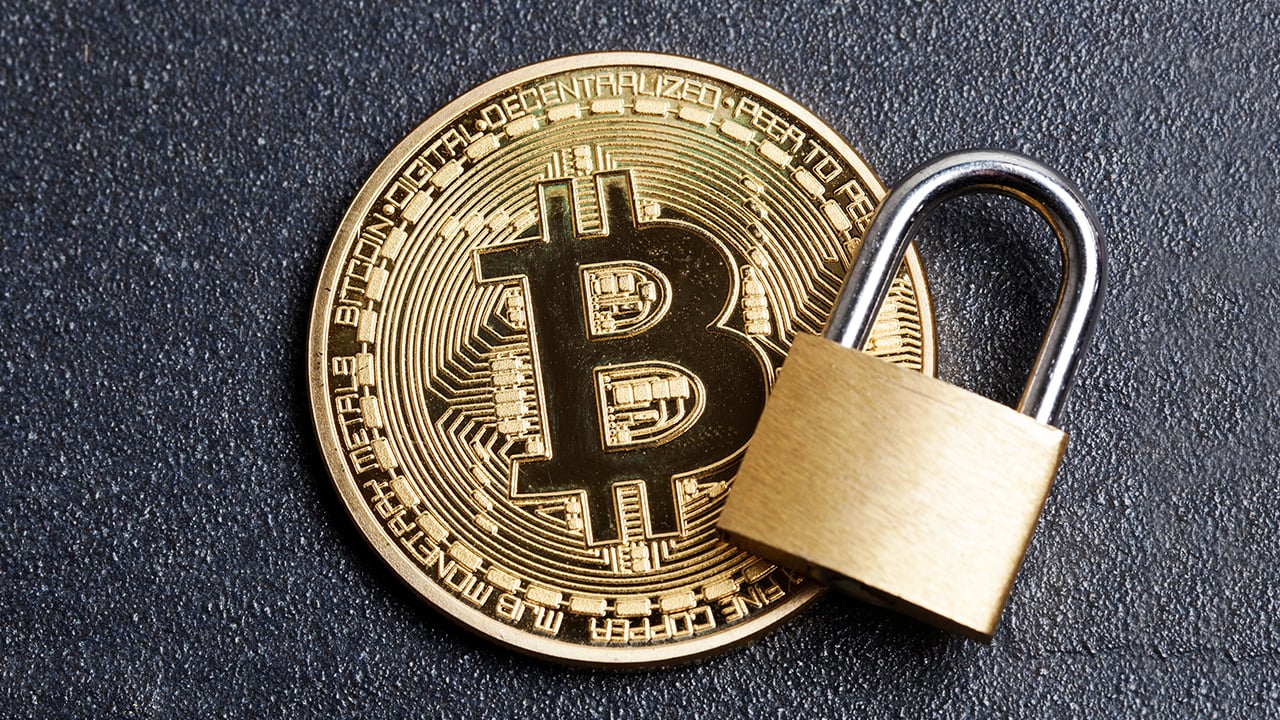In today's increasingly digital world, Bitcoin (BTC) stands as the most popular cryptocurrency, attracting countless investors. However, with its rising popularity, various scams and fraudulent activities have also proliferated, attempting to exploit people's aspirations for the crypto world or their lack of knowledge. For anyone looking to buy BTC securely, understanding and identifying these pitfalls is paramount to protecting their assets. This article will delve into common Bitcoin scam tactics and offer practical advice to help you ensure you buy BTC securely throughout the entire purchasing process, steering clear of potential risks.
Buy BTC Securely: Your First Line of Defense Starts with Choosing a Reliable Platform
To truly buy BTC securely, your primary defense begins with selecting a reputable and robustly secure trading platform. Many scams exploit consumers' eagerness for quick gains or their insufficient discernment when choosing a platform.
When you decide to buy BTC securely, it's crucial to thoroughly vet the exchange you choose. A legitimate platform will strictly adhere to financial regulations in various countries, for instance, by implementing KYC (Know Your Customer) and AML (Anti-Money Laundering) policies. While these compliance measures might make your registration process slightly more involved, they are vital safeguards for your funds, effectively preventing the inflow of illicit money and fraudulent activities. Furthermore, key considerations for evaluating a platform include its operational history, user reviews, and its commitment to security (e.g., whether it offers cold storage, two-factor authentication). Opting for a time-tested platform with a solid reputation forms the bedrock of your ability to buy BTC securely.

Common Bitcoin Scam Tactics and How to Buy BTC Securely
1.Fake Investment Platforms and "Ponzi" Schemes:
Identification: These scams typically lure victims with highly enticing slogans like "high returns," "risk-free investments," or "guaranteed profits." Scammers build professional-looking yet fake investment websites or apps, often with polished promotional materials. They'll encourage you to deposit Bitcoin or other cryptocurrencies, and initially, they might even provide small returns to gain your trust, enticing you to invest more or recruit friends and family. However, once the accumulated funds reach a significant amount, the platform will abruptly shut down, absconding with all investor funds, thus shattering your dream to buy BTC securely.
How to Buy BTC Securely: Always remember, if something sounds too good to be true, it probably is. While cryptocurrency investments offer potential returns, they inherently come with risks. Any investment promising overly high returns with minimal risk is a massive red flag. Before committing any funds, conduct thorough background research on the so-called "investment platform," including checking its registration information, team background, user reviews (beware of fake ones), and whether it possesses legitimate financial regulatory licenses. Don't be fooled by superficial prosperity; this is a critical defense line to ensure your secure acquisition of BTC remains uncompromising.
2.Phishing Scams:
Identification: Scammers meticulously impersonate official websites, emails, SMS messages, or social media accounts of reputable cryptocurrency exchanges, wallet providers, or popular crypto projects. They send out deceptive messages containing malicious links, tricking you into clicking them and entering your account information (like username, password), private keys, or seed phrases. Once you click the link and input your sensitive data on these fake websites, the scammers will instantly hijack your account and transfer your Bitcoin or other assets, making it impossible for you to buy BTC securely and retain control.
How to Buy BTC Securely: Always, and only, access your exchanges and wallets through official channels (e.g., by typing the official URL directly into your browser). Be highly suspicious of any emails, SMS messages, or social media direct messages claiming to be from exchange or wallet services. Before clicking any link, carefully inspect every character of the URL to ensure it's the correct official domain, watching out for any misspellings or extra characters. Strongly recommended: enable and use robust two-factor authentication (2FA) for all your cryptocurrency accounts, preferably using authenticator apps like Google Authenticator or Authy, rather than relying on SMS verification. This is a crucial technical safeguard to ensure you buy BTC securely.

3.Impersonation of Customer Support / Tech Support Scams:
Identification: Scammers pose as "customer service representatives" or "technical support" from exchanges or wallets. They proactively contact you via phone, social media direct messages, or instant messaging apps (like Telegram, WhatsApp). They falsely claim your account has issues, needs verification, or requires "technical assistance" to resolve a "problem." Their ultimate goal is to trick you into sharing your screen, downloading remote control software (thereby gaining control of your computer), or directly asking for your private keys or seed phrase.
How to Buy BTC Securely: Remember, legitimate exchange or wallet customer service personnel will never proactively contact you via social media direct messages, nor will they ever ask for your private keys, seed phrases, or request you download remote control software to "assist" you. If you encounter an account issue, always contact customer support through the official, publicly provided channels listed on their official website (e.g., official customer service phone number, live chat, or support ticket system). Be highly skeptical of anyone claiming to be "official" but contacting you through unusual channels; this is a vital principle for safeguarding your ability to buy BTC securely.
4.Social Media and Communication Group Investment Scams:
Identification: Scammers create fake cryptocurrency investment groups on social media platforms like Telegram, WhatsApp, Facebook, or X (formerly Twitter). They might impersonate well-known crypto analysts, celebrities, or even project founders. Within these groups, they post fabricated "inside information," "high-win-rate trading signals," or "exclusive investment opportunities," and entice members to transfer funds (including newly purchased Bitcoin) to their controlled fake platforms or personal wallet addresses. Once you send funds to them, they will be irretrievable.
How to Buy BTC Securely: Maintain a high degree of skepticism toward all investment advice you see on social media. Do not easily trust recommendations from strangers, especially those promising overnight riches or zero-risk, high-return schemes. Before making any investment decision, always conduct independent research and cross-verify information from multiple reliable sources. If someone asks you to directly send Bitcoin to a personal address, it is almost certainly a scam. Ensuring you buy BTC securely means being able to say no to opportunities that seem too good to be true.

Core Principles for How to Buy BTC Securely and Maintain Long-Term Protection
Regardless of the scam type, certain core principles can help you maintain constant vigilance when you buy BTC securely:
1.No Such Thing as "Easy Money": Any claim of making you rich quickly, or offering "free" Bitcoin, is highly likely to be a scam. The cryptocurrency market is volatile, and all investments carry inherent risks; there are no guaranteed profits. Maintaining a rational mindset is your fundamental approach to being able to buy BTC securely.
2.Protect Your Private Keys and Seed Phrase – They're Your Lifeline: Your private keys and seed phrase (or recovery phrase) are the sole means of control over your crypto assets. Anyone asking you for this information, including exchange or wallet "official personnel," is a scammer. Never share them online; it's best to store them offline (e.g., written down on paper and kept in a secure physical location). Protecting these is paramount to truly buying BTC securely.
3.Always Verify Information Independently: Before making any large transactions, clicking any links, or trusting any investment advice, it is crucial to independently verify the information through multiple official and authoritative channels. Do not rely on a single source, especially information from strangers. For example, if you receive a suspicious email, you can directly visit the institution's official website, find their contact information, and proactively verify the legitimacy of the message.
4.Start Small, Gain Experience Gradually: If you are new to cryptocurrency investment, it's advisable to begin with a small amount of capital to learn and practice. This allows you to familiarize yourself with market operations and trading procedures within a controllable risk range. Do not invest all your savings at once, especially if you are unfamiliar with the market and its processes. Gradual progression is a prudent approach to buying BTC securely.
5.Regularly Update Your Security Knowledge: Scammers' tactics are constantly evolving. Therefore, continuous learning and staying informed about the latest scam trends are crucial. Follow reliable cryptocurrency news outlets, security blogs, and official announcements, and regularly check your account security settings to ensure you are always ahead of the scammers. This is essential for long-term security when you buy BTC securely.

Conclusion
In the world of digital assets, which is full of opportunities but also risks, security always comes first. By understanding common scam tactics and strictly adhering to the safety principles outlined above, you can significantly reduce your risk of falling victim to fraud, thereby genuinely achieving your goal to buy BTC securely. Remember, maintaining high vigilance, continuously updating your security knowledge, and always adopting prudent operational practices are your best guides for navigating the cryptocurrency landscape. Every careful choice you make contributes to the safeguardingof your digital assets.









